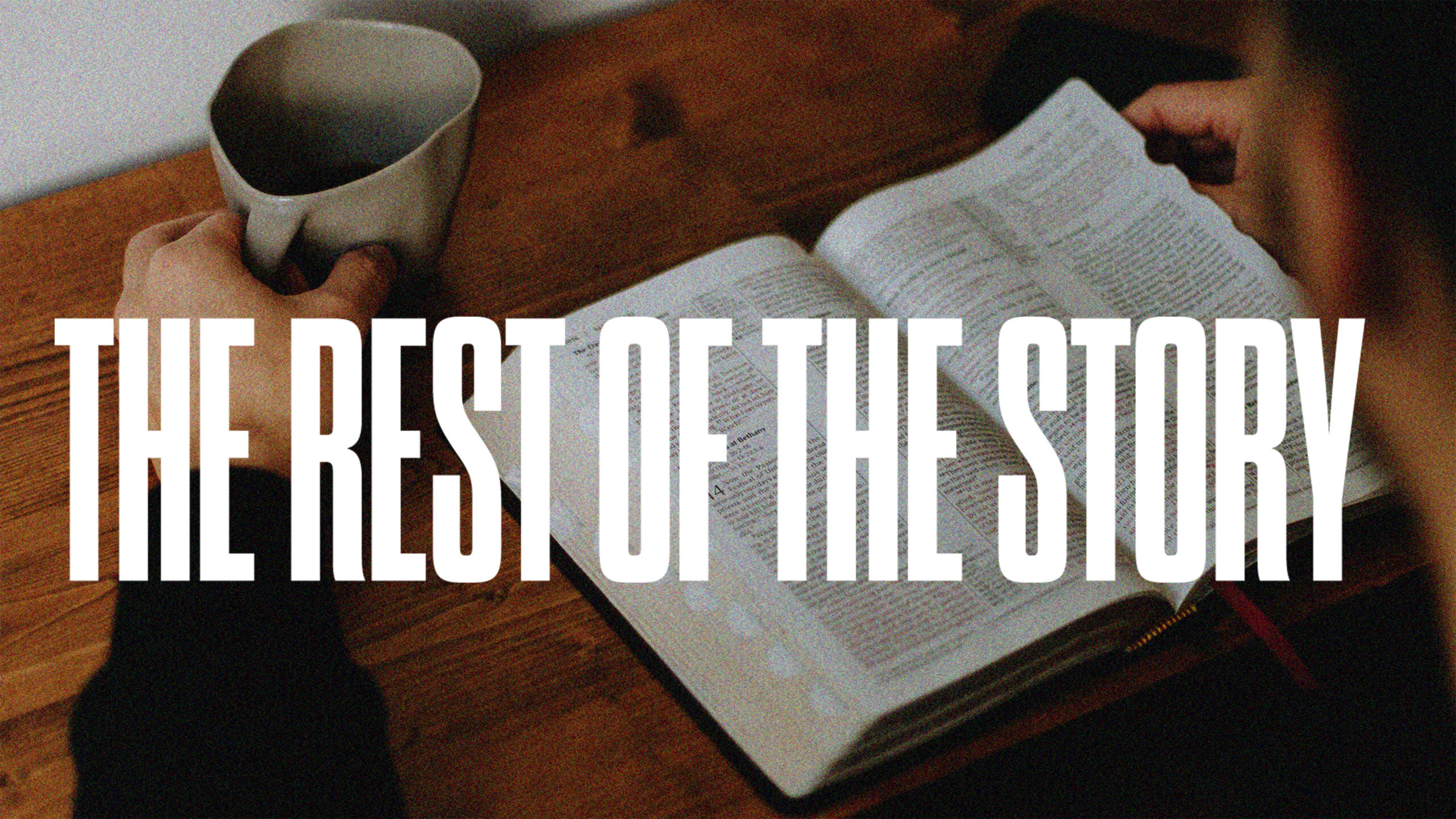By Chaplain (Col) Stephen W. Leonard, USA, Ret.
Paul Harvey, when he was alive, spoke about many fascinating facts, exciting adventures of history, personalities, stories of life, etc., which he called “the rest of the story.” He fleshed out a point or occurrence in history or in life, usually something not as well known, about a more familiar truth.
Some say the New Testament is “the rest of the story” post-Old Testament. And that is certainly true. The New Testament is specifically the fulfillment of what the Old Testament predicts. The New brings into focus what is sometimes more obscure in the Old.
Some prophecy is very clear, for example, when Micah tells us 600 years earlier that the Messiah will be born in Bethlehem in Judea. Matthew and Luke then tell you about Jesus’ birth in that same small village of Bethlehem.
Some are more obscure, like Genesis 3:15, the promise of a seed of Adam and Eve who would crush the serpent’s head, or the prophecy of “a star coming out of Jacob, a scepter rising out of Israel,” or the truth that “unto us, a child is born, unto us a son is given, and the government shall be on his shoulder.” The NT gives clarity and focus to these more mysterious prophecies of the OT.
But our text is telling us not to forget the Old once we have turned over the pages into the New. The child of God, the believer in the Messiah, needs both Testaments to feed upon as a regular diet. He can afford to neglect neither!
Put together both Testaments constitute the “whole counsel of God,” which we are always to take diligently into our hearing and believing if we want to obey God.
There are those who, when reading the Bible, go only or more often to the New in their reading, seldom cracking a page in the Old. This you cannot do. You must spend time in both.
You may think the words “Old” and “New” may refer to the age at which they were written or, more pertinent, pre-Christ and post-Christ. Yet the Bible is divided into two invaluable, living parts, which are indeed about pre-Jesus Christ, the second person of the Trinity, and about post-Christ, that is, written after Jesus, the Son of God and son of Mary, ascended into heaven.
You cannot neglect the Psalms to focus on John. If you read from Luke or Galatians in the morning, you should perhaps read from Proverbs or Isaiah in the evening to be sure you know both testaments and how the two are interwoven.
The Bible would not widely quote Old Testament references in the New, if it desired to put the OT permanently aside. Jesus’ Bible was the Old Testament, where Christ showed himself as the Second Person of the Triune God, while the New is about Jesus in the flesh on earth. Today, both Testaments make up God’s Word, which together are the “honey in the honeycomb,” and the whole “Law of God.”
If you intend to read “beginning to end,” then you must read the whole Bible from Genesis to Revelation. Jesus Christ is the chief topic and supreme character throughout. You need to learn how He is found all through the Word. He is in the pages of both Genesis and Revelation, and every single book in-between; if not directly, then indirectly, such as Ruth. He is the living Word, while the written Word quotes, displays, and illuminates everything about the Lord Jesus Christ.
It is why a complete Bible requires both Testaments. You cannot have 27 without the other 39. You might, in some instances, find John printed alone. But a Bible is only whole with all 66 books.
If you desire to be conversant in heaven, you must know your total Bible. The primary Bible characters include not only Matthew, Mark, Luke and John, but Isaiah, Jeremiah, Ezekiel, and Daniel. Revelation may speak of future days; but, then, so does Daniel, and other OT references.
You need to love the Word, and confirm that love, by reading the Word, studying the Word, meditating on the Word, and memorizing the Word. This is the nature of a godly man or woman. Stay in God’s Word, both Old and New Testament!
Encouragement
“O send Thy Spirit LORD, now unto me, that He may touch mine eyes and make me see; show me the truth concealed within Thy Word, and in Thy Book revealed I see the LORD.”(4th verse of Mary Lathbury’s hymn, “Break Thou the Bread of Life,” 1877)
Stay Updated
Sign up for our monthly newsletter and weekly devotional











